Professional Caucuses
The conference began on November 3rd with an opportunity for participants to join with colleagues from their area of specialty within Pennsylvania's juvenile justice system in Professional Caucuses, to discuss issues of mutual concern and interest. Caucuses were held in the following areas of specialty: Juvenile Court Masters and Juvenile Court Judges; Chief and Deputy Chief Juvenile Probation Officers; Juvenile Probation Supervisors; Juvenile Probation Officers; Victim Services; and Service Providers.
Juvenile Defender Training
Over sixty juvenile defenders from across Pennsylvania attended the 2010 Conference on Juvenile Justice and participated in a separate training track developed exclusively for them on Wednesday, November 3rd. Presentations for juvenile defenders included: Using the Science of Adolescent Development in the Courtroom; Ethical Concerns Raised by the Interbranch Commission on Juvenile Justice; Immigration Consequences of Juvenile Adjudications of Delinquency; and Case Law Update. A "Judges Roundtable" was also held on Thursday, November 4th at which time juvenile court judges joined the defenders for lunch.
Youth Awards Program
The 2010 Youth Awards Program was held on Wednesday evening, November 3rd, and was attended by more than 500 people. Youth people were recognized for being selected as winners in Poster, Creative Expression and Outstanding Achievement award categories. This year's Youth Awards Speaker was Carlos Ojeda, Jr., who shared his compelling story of overcoming various obstacles to pursue a career of life-long learning and educational success, becoming the first person in his family to graduate from college - with honors. Carlos spoke about the difficulties he faced in school, as his teachers rarely understood his social, economical and cultural background, and often told him that he would never amount to anything. He is now a published writer, poet and speaker, and represents a model of transformational leadership, speaking on issues of education, empowerment, and progress.
Welcome and Keynote Presentation
On Thursday morning, November 4th, Judge Arthur E. Grim, Chairman of the Juvenile Court Judges' Commission, gave the "Conference Welcome" and noted that with its unique combination of training, professional caucuses, awards program and Resource Day, Pennsylvania's annual juvenile justice conference is regarded as the premier state-level juvenile justice conference in the nation.
The Keynote Presentation was provided by the Honorable Steven C. Teske, sitting judge in Clayton County, Georgia. Since being appointed to the bench in 1999, Judge Teske has received national recognition for his leadership in developing comprehensive collaborative approaches to address juvenile detention reform, "zero tolerance" policies in schools, and the implementation of evidence-based practices. Judge Teske is the immediate Past-president of the Georgia Council of Juvenile Court Judges and is Georgia's representative on the Federal Advisory Committee on Juvenile Justice. He has testified frequently before federal and state legislative bodies, including Pennsylvania's House Committee on Children and Youth this past June, where he was invited to speak regarding his approach to juvenile court innovation and collaboration. During his Keynote Presentation, "The Dichotomy of Judicial Leadership: Working with the Community to Improve Outcomes for Youth", Judge Teske addressed the importance of judicial leadership in building and sustaining productive community partnerships and resources for children and families.
Workshops
Over 600 people registered to attend twenty-eight different workshops on Thursday, November 4th. The workships included:
Morning Workshops
- Judicial Intervention + Collaboration = Graduation: Working Together to Solve School Attendance Problems - The York County Experience
- The Sanctuary Model of Trauma-Informed Care and its Positive Impact at Saint Gabriel's Hall
- The Enhanced Programming Model at Glen Mills Schools
- Trauma Informed Care, Balanced & Restorative Justice and Youth Resilience
- Delinquent Youth Learn to Earn: Pennsylvania Academic and Career Technical Training (PACTT) in Practice
- Can the School Do That? What Juvenile Justice Professionals Need to Know about School Discipline Laws
- The New Interstate Compact for Juveniles: Promoting Public Safety, Victims' Rights and Juvenile Accountability
- Pennsylvania's Quality Improvement Initiative (Qii): Assessing Program Effectiveness
- Combating Gang Involvement: The Lehigh County Youth Crime and Violence Task Force Model
- Juvenile Sex Offender Reintegration: Promoting Community Protection and Family Safety
- The Pa. Collateral Consequences Checklist: Understanding the Impact of Adjudications of Delinquency
- Safer, Saner Schools: Closing the School to Prison Pipeline with Restorative Practices
- Building an Evidence-Informed Family Therapy Model: The Wesley Spectrum Experience
- Engaging Youth in Prevention: School Asset Councils
Afternoon Workshops
- Aggression Replacement Training: An Evidence-based Model for Addressing Youth Aggression
- Trauma Informed Care for Girls
- Zero Tolerance = Zero Intelligence: Judicial Strategies to Reduce School Referrals and Improve School and Community Safety (Judges only)
- Pennsylvania EZAccess Web Data Query: A New Tool for Juvenile Delinquency Data Analysis
- Putting Research into Practice: Practicum Studies from the JCJC-Sponsored Graduated Education Program
- PATHWAYS to Success: Promoting academic advancement, workplace skills, and self-sufficiency for Westmoreland County Youth
- The Role of the Juvenile Defender in the Courtroom
- Youth Courts: Bridging the Juvenile Justice and Education Systems
- Blending Family Group Decision Making and Restorative Group Conferencing: A Pennsylvania Pilot
- Promising Approaches to Improving School Performance and Truancy: The Allegheny County Youth Advocate Program (YAP) Model
- Restorative Discipline ini Schools: What Does It Look Like?
- Responding to Adolescent Dating Abuse and Electronic Harassment
- The MAYSI Detention Screening Initiative 1999-2010: Implications for Policy and Resource Allocation
- Improving Educational Outcomes for System-Involved Youth
Thursday Afternoon Plenary Session
During the afternoon plenary sessions entitled "Pennsylvania's Juvenile Justice Enhancement Strategy: Institutionalizing Lessons Learned from Models for Change", the major achievements of Pennsylvania's Models for Change partnership with the John D. and Catherine T. MacArthur Foundation were highlighted. Judge Arthur E. Grim paid tribute to: Laurie Garduque, Director, Juvenile Justice, for the MacArthur Foundation's Program on Human and Community Development; Robert Schwartz, Executive Director, Juvenile Law Center; and Autumn Dickman, JLC's Project Manager for the Models for Change initiative.
Then Keith Snyder, Deputy Director fo the Juvenile Court Judges' Commission, moderated a panel discussion centered on a comprehensive strategy to implement evidence-based practices throughout the juvenile justice system. The panel of stakeholders shared their experiences in implementing evidence-based practices, and discussed the components of, and opportunities for participation in, a comprehensive juvenile justice system enhancement strategy that is being developed to ensure the expansion and sustainability of these efforts.
Panel members included: Elizabeth Fritz, Chief Juvenile Probation Officer in Lehigh County; Michael Pennington, Director of the Office of Juvenile Justice and Delinquency Prevention for the Pennsylvania Commission on Crime and Delinquency (PCCD); Robert Stanzione, Chief Juvenile Probation Officer in Bucks County and current President of the Pennsylvania Council of Chief Juvenile Probation Officers; Richard Steele, Director of Policy and Program Development for Pennsylvania Juvenile Court Judges' Commission; and Robert Williams, Chief Juvenile Probation Officer in Berks County.
Annual Awards Program and Dinner
Thursday's activities concluded with the 30th Annual Awards Program and Dinner. The Juvenile Court Judges' Commission and the Pennsylvania Council of Chief Juvenile Probation Officers honored both individuals and programs for their outstanding work in Pennsylvania's juvenile justice system.
The Juvenile Court Judges' Commission congratulates the 2010 Award Winners
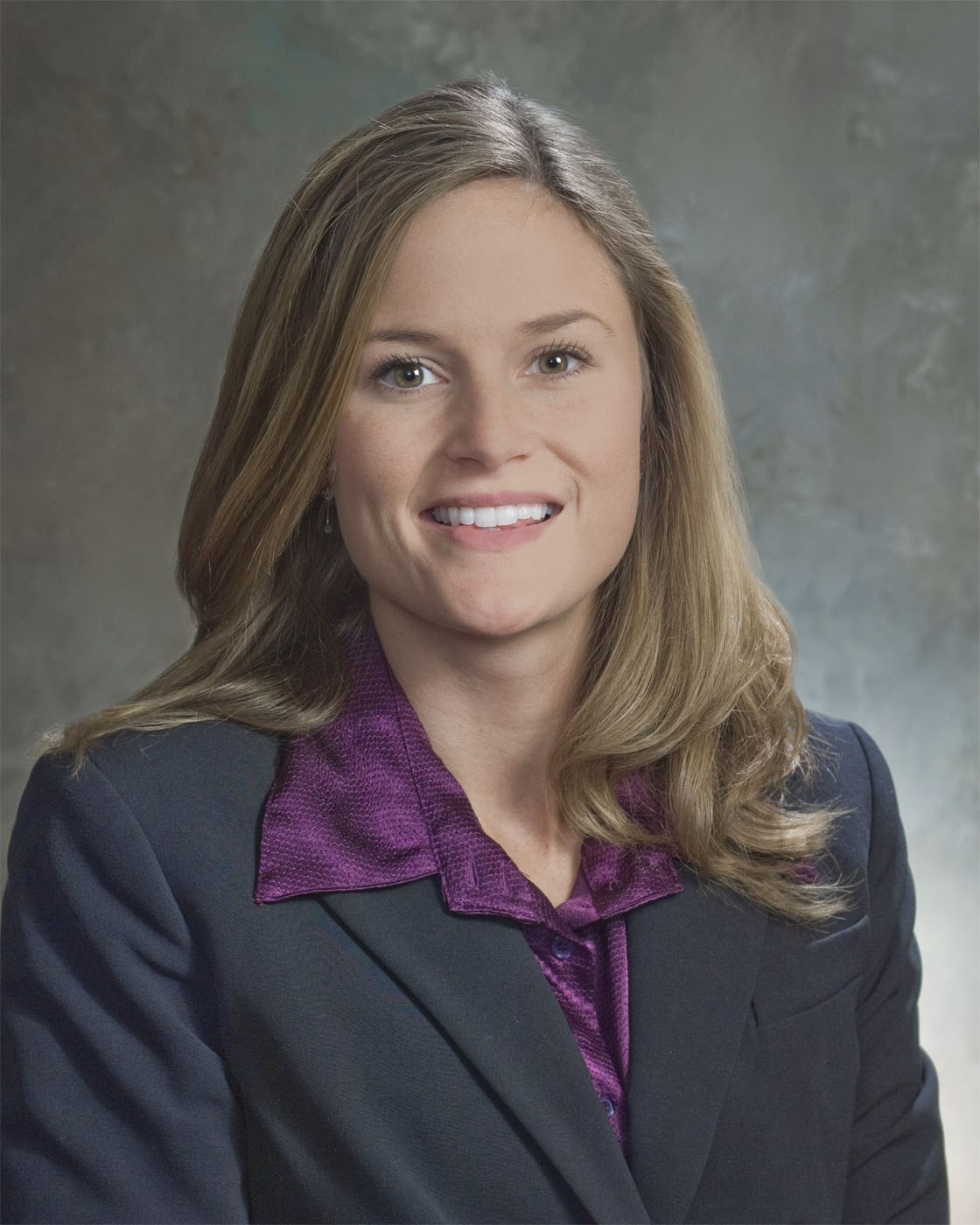
Undergraduate Scholarship Award
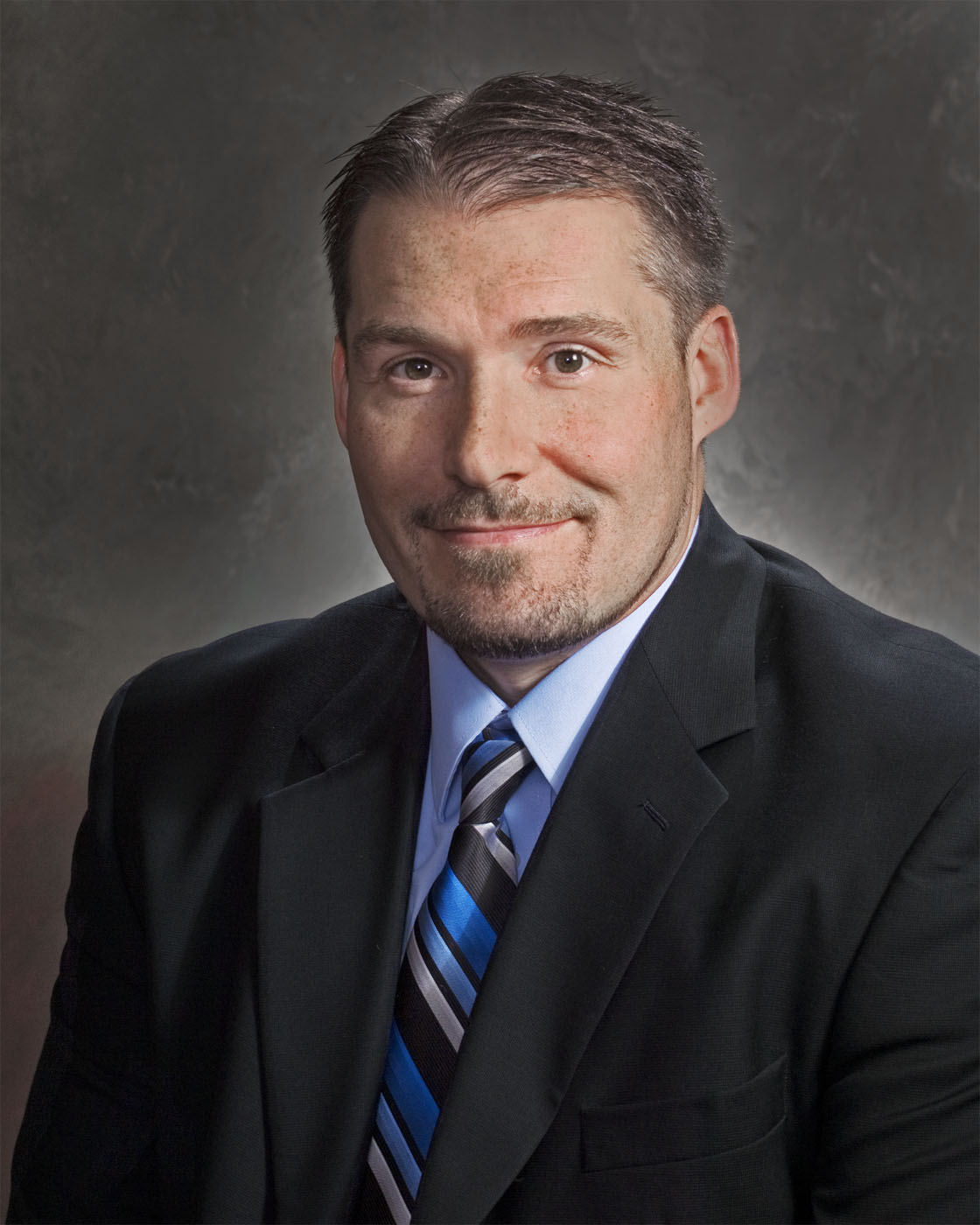
The Dr. Anthony F. Ceddia Awardfor Outstanding Scholarship in Juvenile Justice
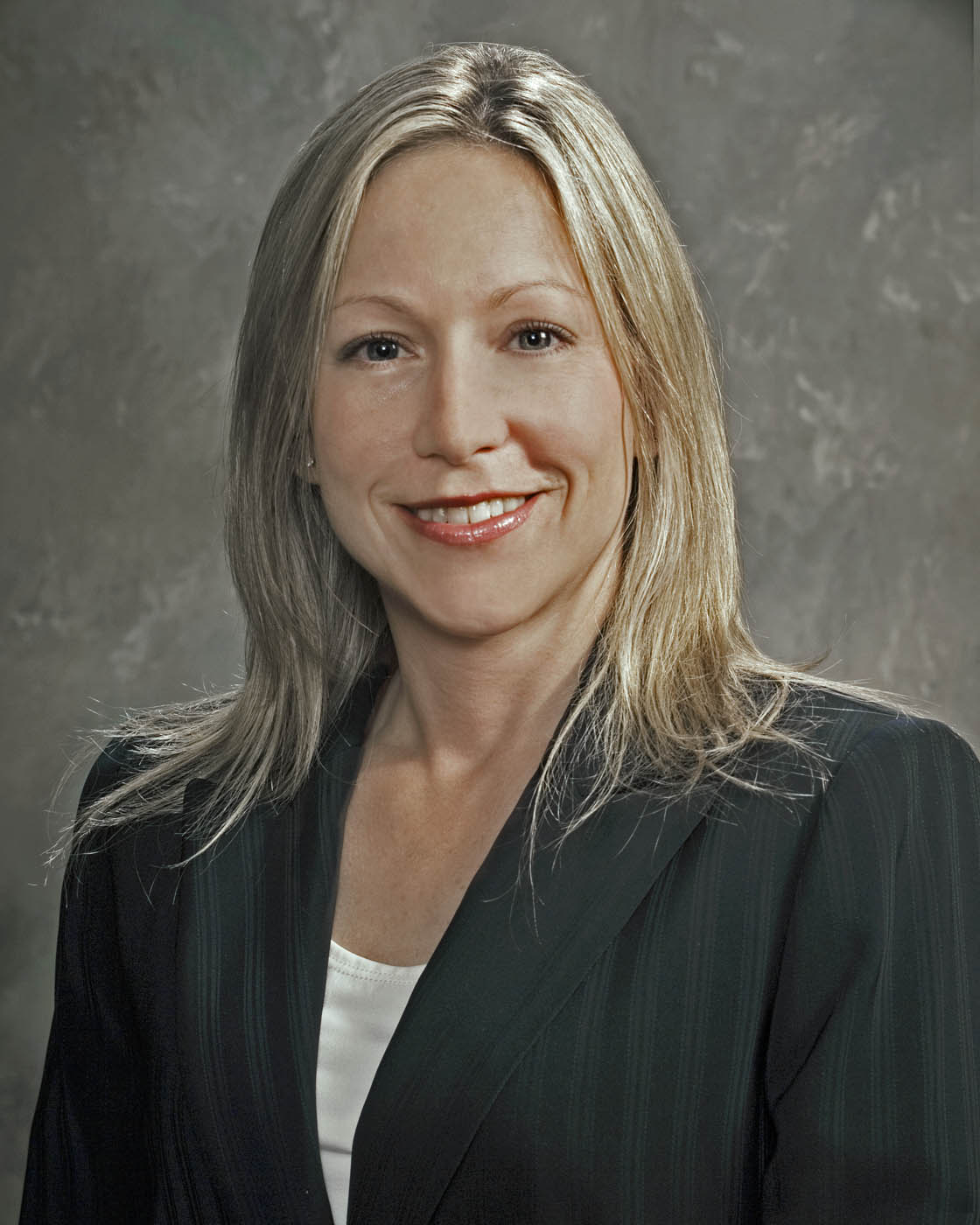
Loysville Development Center
Residential Program of the Year

Adams County CommunityService & Restitution Program of the Year
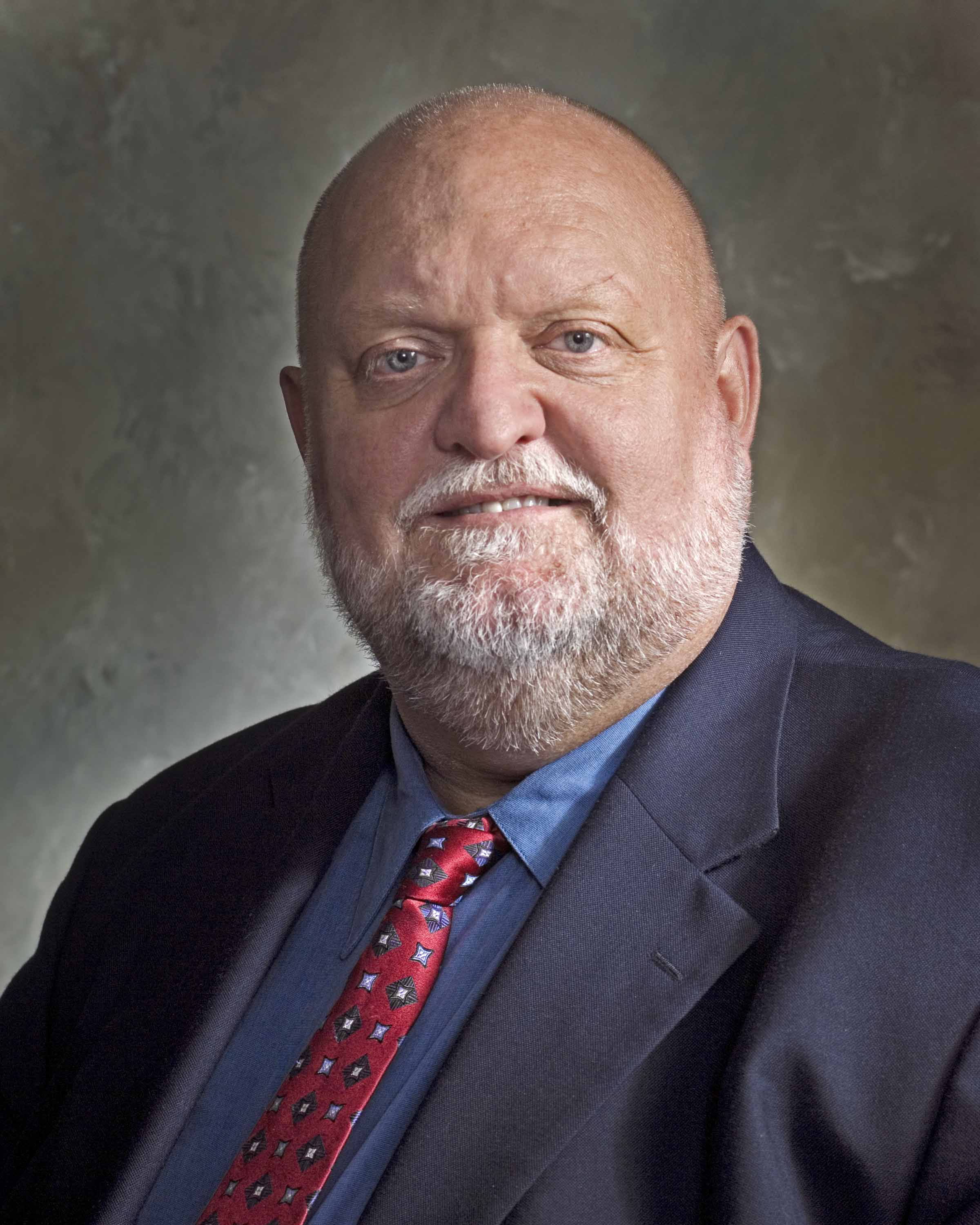
Robert B. Askew, Executive DirectorChildren's Home of Reading Evening Reporting Center
Community-Based Program of the Year
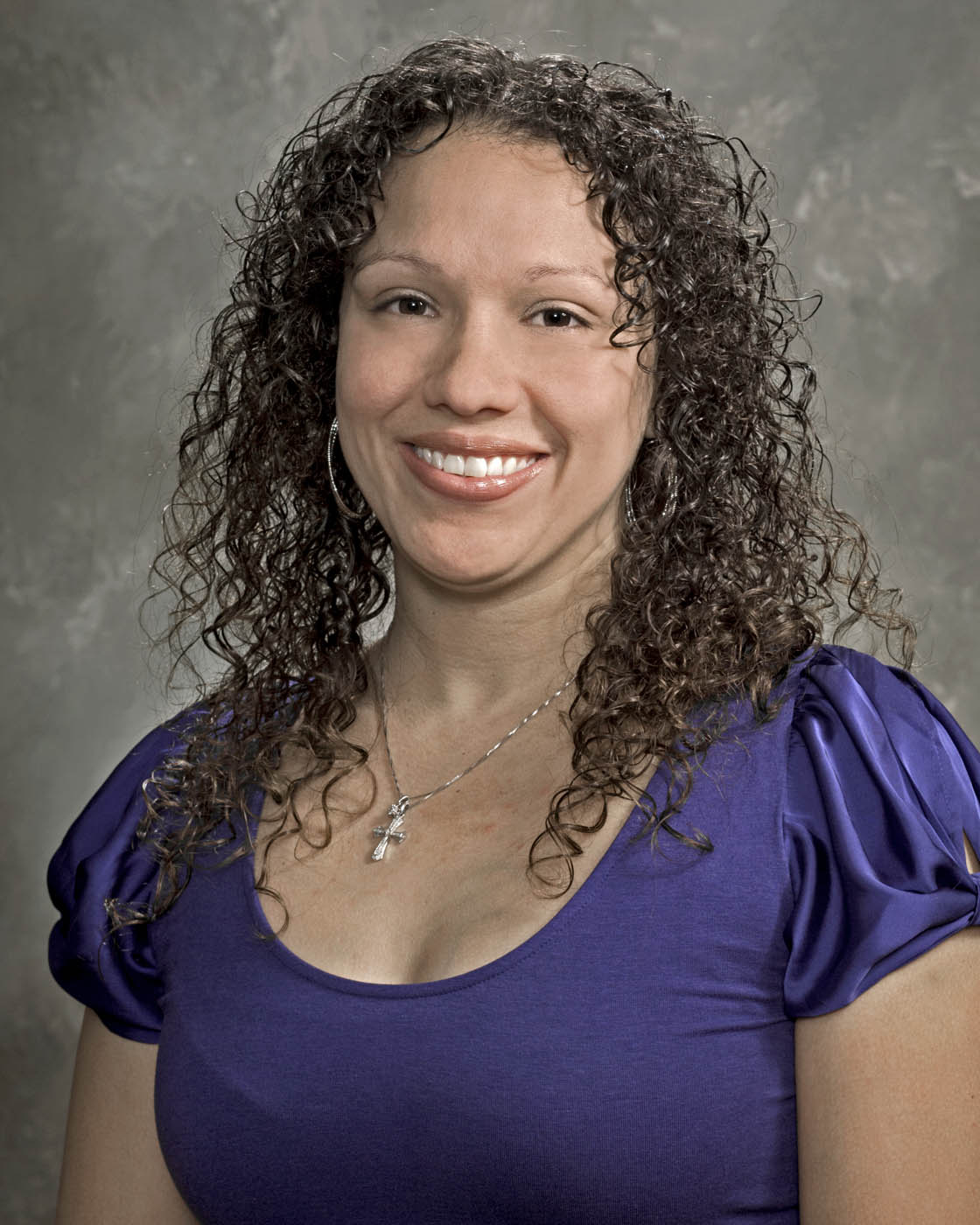
Jessica A. BadilloDauphin County
Victim Advocate of the Year
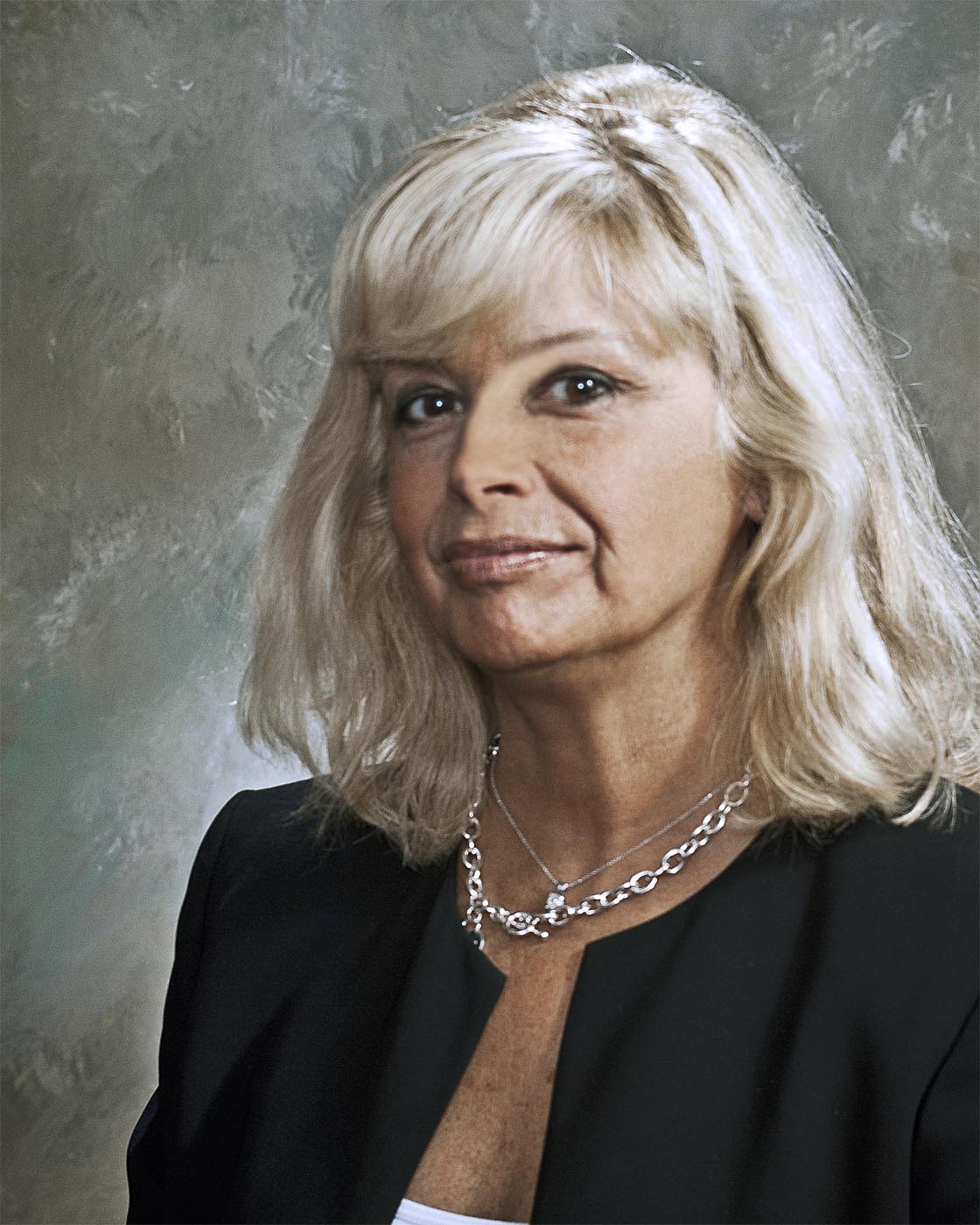
Carol A. PikeDelaware County
Juvenile Court Support Service Award
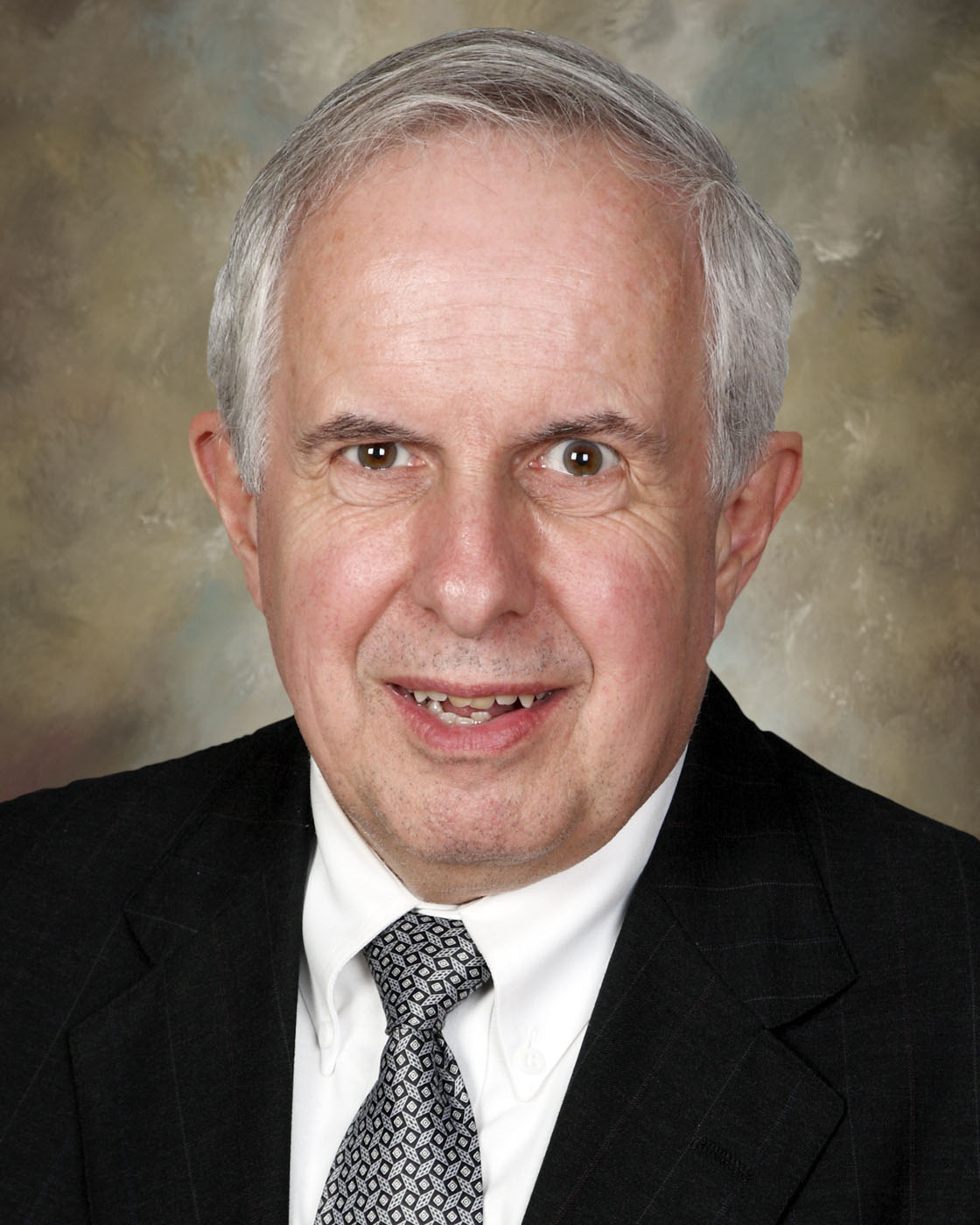
Westmoreland County
Meritorious Service Award
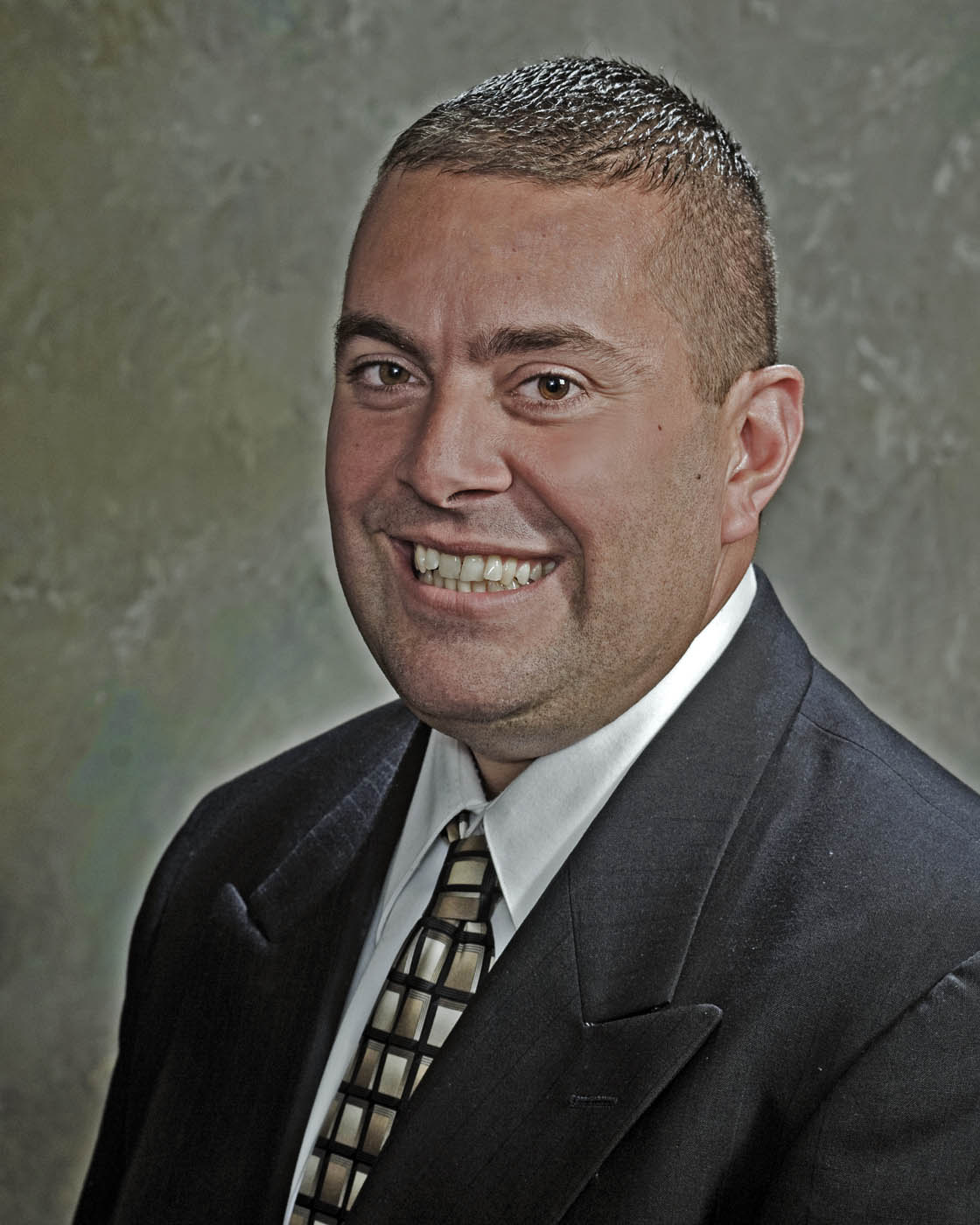
Delaware County
Juvenile Probation Officer of the Year
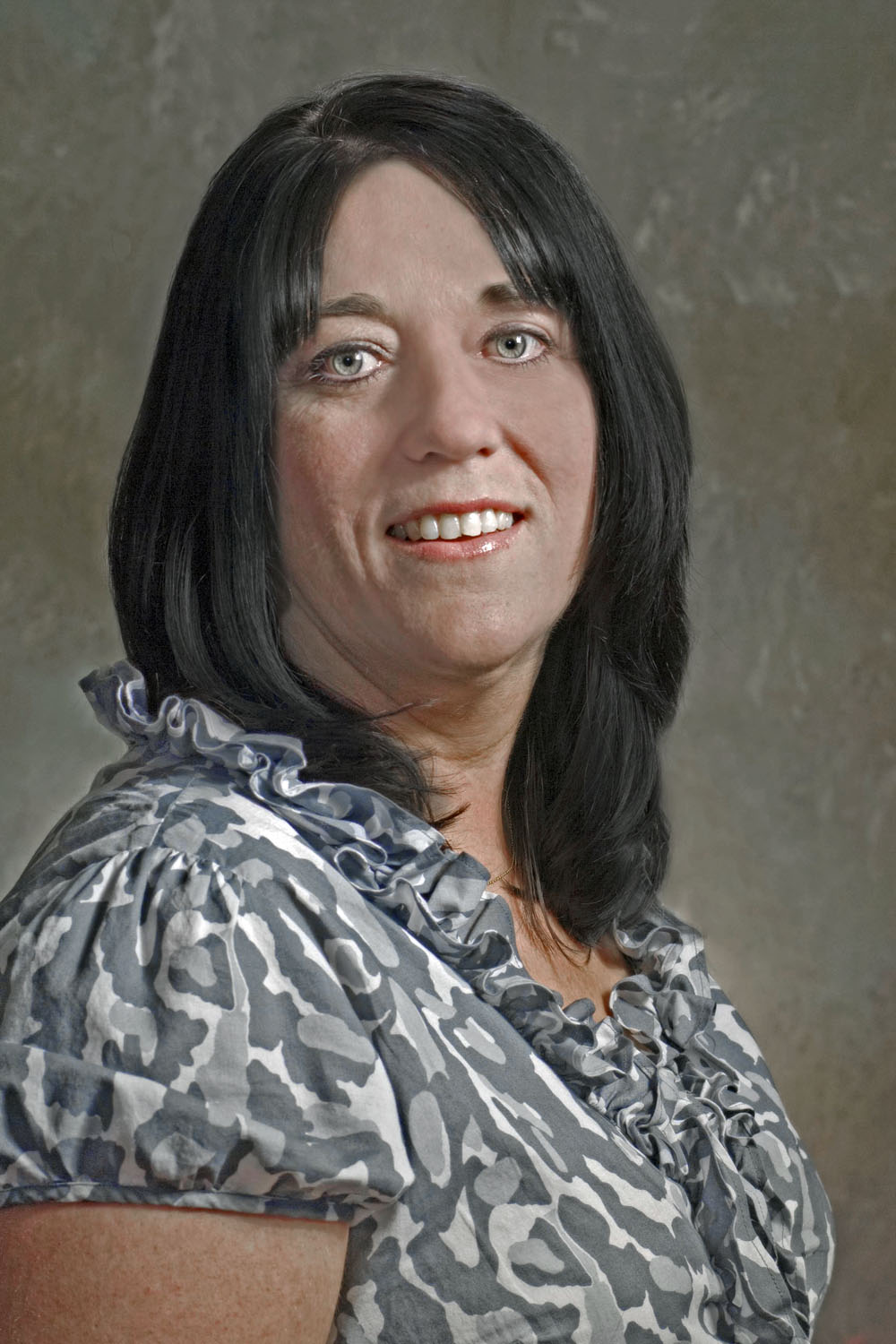
Delaware County
Juvenile Probation Supervisor of the Year
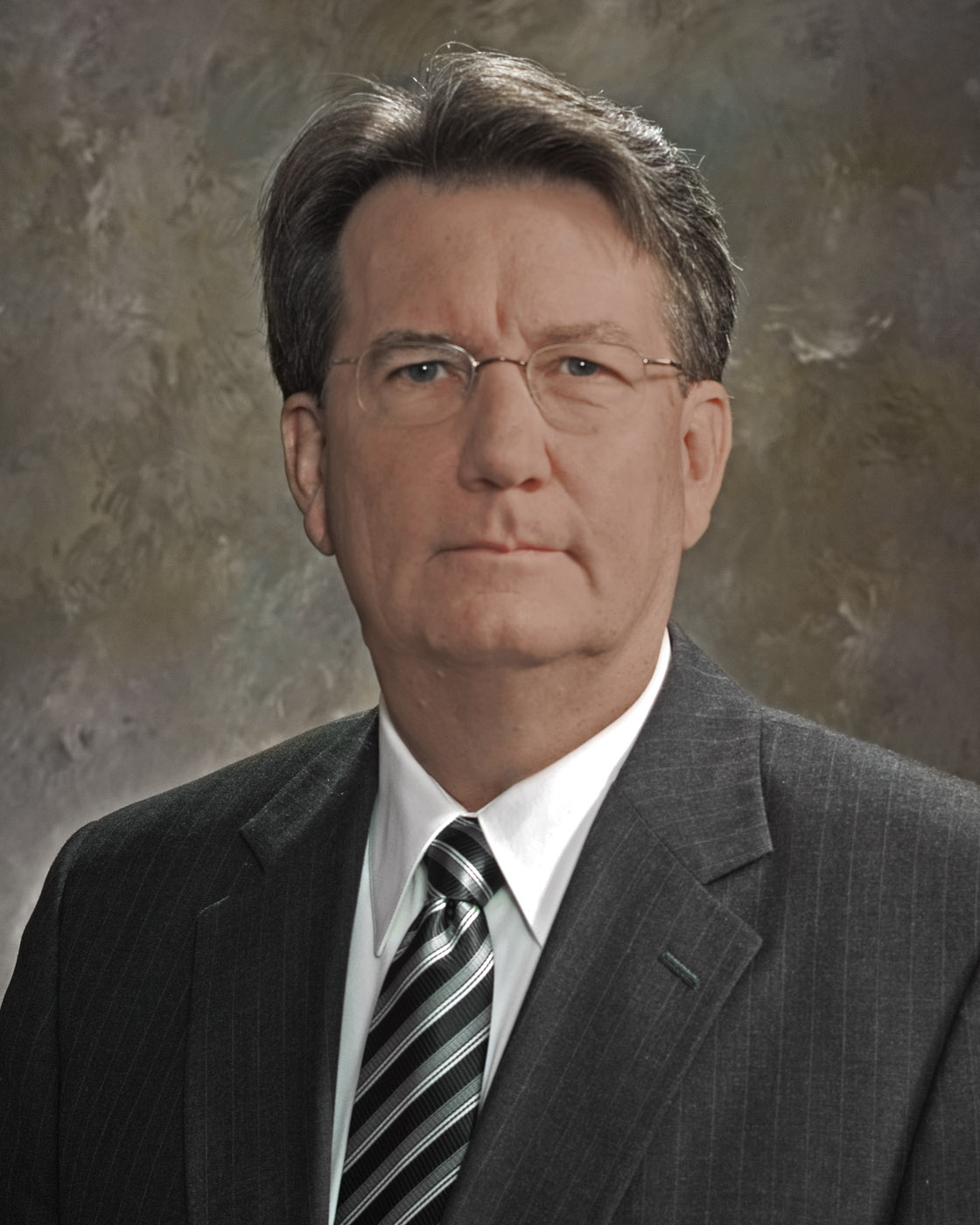
Michael R. SchneiderNorthampton County
Chief Juvenile Probation Officer of the Year
MacArthur Models for Change Forum
The Juvenile Law Center hosted the final Models for Change Forum on Friday morning of the Annual Juvenile Justice Conference. This session highlighted ways in which Pennsylvania's experiences, lessons learned, tools, and products developed under Models for Change are already being used to inform reform efforts and policy changes in jurisdictions around the country. Members of the National Resource Bank who have been working across the Models for Change states, provided examples of how they have seen or used Pennsylvania work on diversion, implementation of MAYSI at intake probation, development of evening reporting centers, use of detention assessment instruments, etc. in other jurisdictions. Speakers included: Valerie Williams, Co-Director of the National Youth Assessment Project, Susan Broderick, Project Director, Georgetown University Center for Juvenile Justice Reform, Dana Shoenberg, Senior Staff Attorney, Center for Children's Law adn Policy, and Patricia Campie, Executive Director, National Center for Juvenile Justice. Representatives from DC-based Center for Children's Law and Policy and the Georgetown University Center for Juvenile Justice Reform. Juvenile Law Center's Executive Director, Bob Schwartz moderated.
Resource Day
The 2010 Annual Conference on Juvenile Justice concluded with Resource Day. Conference participants had the opportunity to learn about new, innovative and creative approaches to working with juveniles. Representatives from private and public residential programs, informational services, technology services, and other vendors were available to present information and discuss products and services.